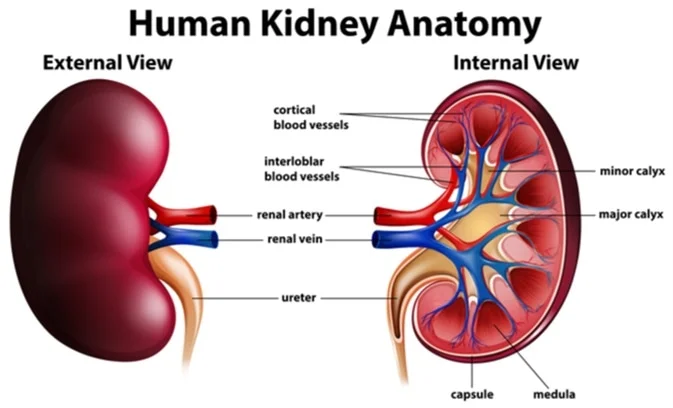World Kidney Day
March 14 is World
Kidney Day. The theme this year is “Kidney Health for Everyone Everywhere.” It
is estimated that 850 million people worldwide have kidney diseases from
various causes, among that number is my dad Fitzroy who was diagnosed with stage 4
kidney disease in August of 2018. According
to the World Kidney Disease website, Chronic Kidney Disease (CKD) is
responsible for at least 2.4 million deaths per year and is now the 6th
fastest growing cause of death globally. The same source reports that despite
the growing burden of kidney diseases globally, kidney health disparity and
inequality are still widespread. Sadly,
about 1.7 million people die annually from Acute Kidney Injury (AKI) with 85
percent of those individuals coming from low to middle- income countries.
Social conditions such as poverty, gender discrimination, lack of education,
occupational hazards and pollution often adds to the challenges for those who
are affected by Chronic Kidney Disease and Acute Kidney Injury. Additionally, the same social conditions also
affect the care-givers for those patients of kidney disease. In many instances
family members are required to take time off from work to attend to the medical
needs of their loved ones. There are many employers who are sympathetic;
however, many others are not so generous in this regard. This year, World Kidney Day aims to raise
awareness of the high and increasing burden of kidney diseases worldwide and
the compelling need for strategies for kidney diseases prevention and
management. Almost every family has
someone who has been affected by kidney disease and as such we all should be
advocates for the improvement of kidney care and management. Many types of kidney diseases can be prevented.
This can be achieved by adopting healthy lifestyles changes, such as engaging
in physical exercise, avoiding alcohol and limiting our salt intake. We also
need to practice having a healthy diet and along with access to clean water. Many patients with diabetes also have kidney
failure. Kidney damage from diabetes can be reduced or prevented if detected
early. It is critical to monitor and keep blood sugar levels under control with
the assistance of your health care provider. Equally important is the control
of one’s blood pressure since hypertension is one of the most common causes of
kidney disease.
We need to lobby our governments to ensure that screening for kidney disease becomes a primary healthcare policy since early detection can improve or even reverse some kidney disease damage. It is rather costly to treat and manage patients with renal failure. In many instances there are insufficient dialysis machines in the public health care systems to treat renal patients. We also need to work to change the culture regarding organ donations since kidney transplantation is also another option for some individuals. Among some noteworthy facts regarding renal failure; more women have kidney disease, yet more men start dialysis and people from black ethnic backgrounds are more likely to progress faster towards kidney failure. Happy World Kidney Day!
@WayneCamo
#WorldKidneyDay

We need to lobby our governments to ensure that screening for kidney disease becomes a primary healthcare policy since early detection can improve or even reverse some kidney disease damage. It is rather costly to treat and manage patients with renal failure. In many instances there are insufficient dialysis machines in the public health care systems to treat renal patients. We also need to work to change the culture regarding organ donations since kidney transplantation is also another option for some individuals. Among some noteworthy facts regarding renal failure; more women have kidney disease, yet more men start dialysis and people from black ethnic backgrounds are more likely to progress faster towards kidney failure. Happy World Kidney Day!
Wayne Campbell is
an educator and social commentator with an interest in development policies as
they affect culture and/or gender issues.
waykam@yahoo.com@WayneCamo
#WorldKidneyDay



Comments
Post a Comment